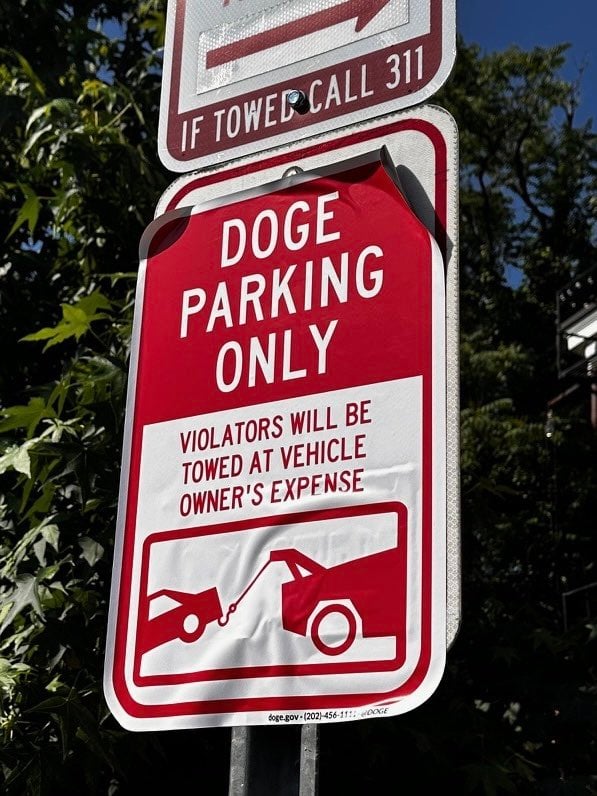Representative Daniel Webster, a Florida Republican who sits on the House Transportation Committee, raised an interesting point of comparison during Congress’s latest hearing on Metro.
“We have one rail system in my district,” said Webster, who represents Florida’s 10th congressional district, which covers much of the inland part of the state. “It’s at Disney World, and in 38 years I have never seen it break down, and it moves millions of people too. Make it more like the Disney monorail.”
Congress’s latest attempt to address the status of the Washington Metropolitan Area Transit Authority comes on a morning that saw severe Red Line problems when an electrical track malfunction caused riders to face delays of up to 45 minutes during rush hour, and five weeks after the House Oversight Committee held its own session during which members from far-flung districts mostly just yelled.
The Transportation Committee’s hearing, with few exceptions, was dumb as hell.
There was Webster’s suggestion that Metro—a 117-mile, 91-station heavy-rail network that serves more than 4 million people across roughly 1,500 square miles—becomes more like the monorail system that connects the sections of Walt Disney World. While the monorail is a fine way to get from, say, Space Mountain to Disney’s Grand Floridian Resort & Spa, it’s not much of a model for Washington. And its estimated 150,000 daily riders are more a testament to Disney World’s staying power as a vacation destination, while Metro’s 713,000 daily passengers are more indicative of regional commuting patterns.
Before Webster’s Disney comparison, his fellow Floridian, John Mica, presented Metro General Manager Paul Wiedefeld with a “certificate of appreciation” for his decision last Friday to fire 20 of the transit agency’s managers—many of whom worked in rail operations—as the system ramps up for its ambitious SafeTrack maintenance plan. “I take no pleasure in it,” Wiedefeld said when Mica encouraged more bloodletting.
Representative Mark Meadows, a North Carolina Republican recently seen leading the charge against DC budget autonomy, wanted to raise the nagging problem of track fires. To do so, he referenced FiveThirtyEight’s since-discredited story that Metro experiences an average of four track fires per week, a report that was largely retracted after the data-journalism site realized its source, the website IsMetroOnFire.com, often double-counts and logs smoke incidents as fires. Meadows was also cheesed that there were fewer fires reported at Great Smoky Mountains National Park, which lies partially in his district.
Congress’s hearings on Metro, though, often aren’t conducted along traditional partisan lines. The more obvious split was between members whose constituents ride public transit on a daily basis and members whose constituents do not, which is why Virginia Republican Barbara Comstock—who ran much of the session and was the only one asking Wiedefeld questions about important topics like rail operations, pension liabilities, and crime reporting—was more closely aligned with Dan Lipinski, a Chicago-area Democrat who said he biked 17 miles to work on Tuesday rather than face the Red Line delays, than she was with her fellow GOP members.
To be sure, the dumbness was not limited to the committee’s Republicans. Albio Sires, a New Jersey Democrat who represents Newark, suggested that if Metro fails, “the only people who will be able to get around DC are people cutting you off on bicycles.” That sounds reasonable, considering the rarity of motorists cutting off cyclists on Washington streets. Oh, wait, that happens all the freaking time.



















